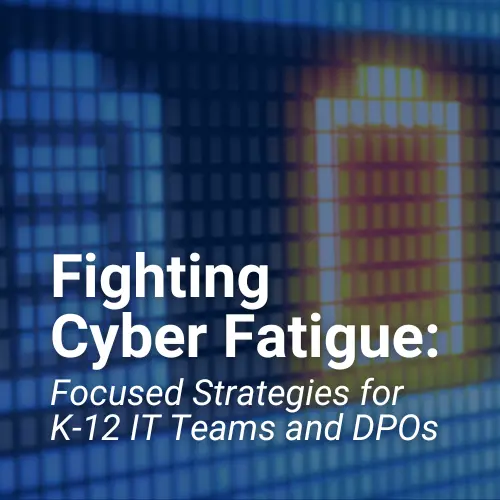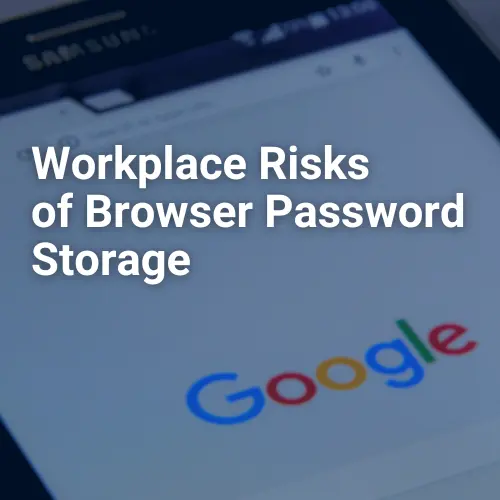As our everyday lives become more and more dependent on the Internet, cybersecurity is becoming a crucial necessity for all of us. According to a recent Rand Corp. study, it’s estimated that just one cybersecurity event can cost a business an average of $200,000.
Can you afford that? Most businesses will say no.
The easiest and most basic way to secure your business is by utilizing strong passwords on all devices. This includes not only your servers and firewalls, but also all end user devices—even mobile phones and tablets that are used to access corporate resources such as email.
It could take a hacker close to a quintillion years to crack a twenty-one character, strong password versus less than a minute for a four character, weak password. When faced with this information, it is definitely work setting and enforcing a policy requiring a strong password.
So, what exactly does it mean to have a strong password?
A strong password is defined as a password that is hard to detect by both humans and a computer. Short passwords, or passwords that contain your name, age, date of birth, pet’s name, or child’s name are easy to predict and should be avoided. Thanks to social media most people can easily obtain nearly all of this information, which makes you a very easy target. Common passwords like “password” should also be skipped as password cracking tools can easily guess the combination.
Below are some simple steps you can use while creating passwords that will help to keep your identity secure.
- Make passwords a minimum of 12 characters in length.
- Use a combination of capital and lower case letters, numbers, and symbols.
- Use a password generator.
- Do not use personal information in your passwords.
- Do not use the same password for everything.
- Make use of a password safe such as KeePass. This will keep all of your passwords secure with one master password.
- Never store passwords in your browser.
In today’s digital world, passwords are a necessity. Since they serve to protect both personal and corporate sensitive information, it’s important we take them seriously and handle them with care. Being more security conscious could make the difference next time a hacker comes knocking at your door.



